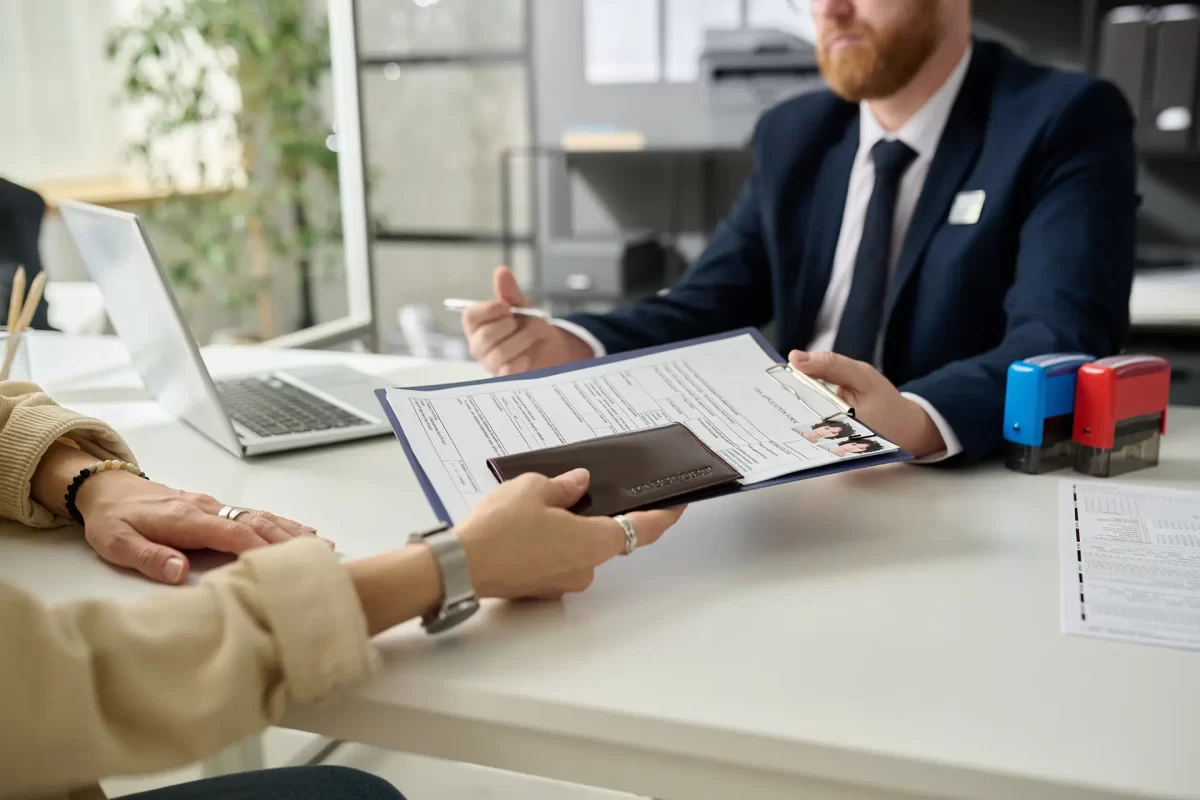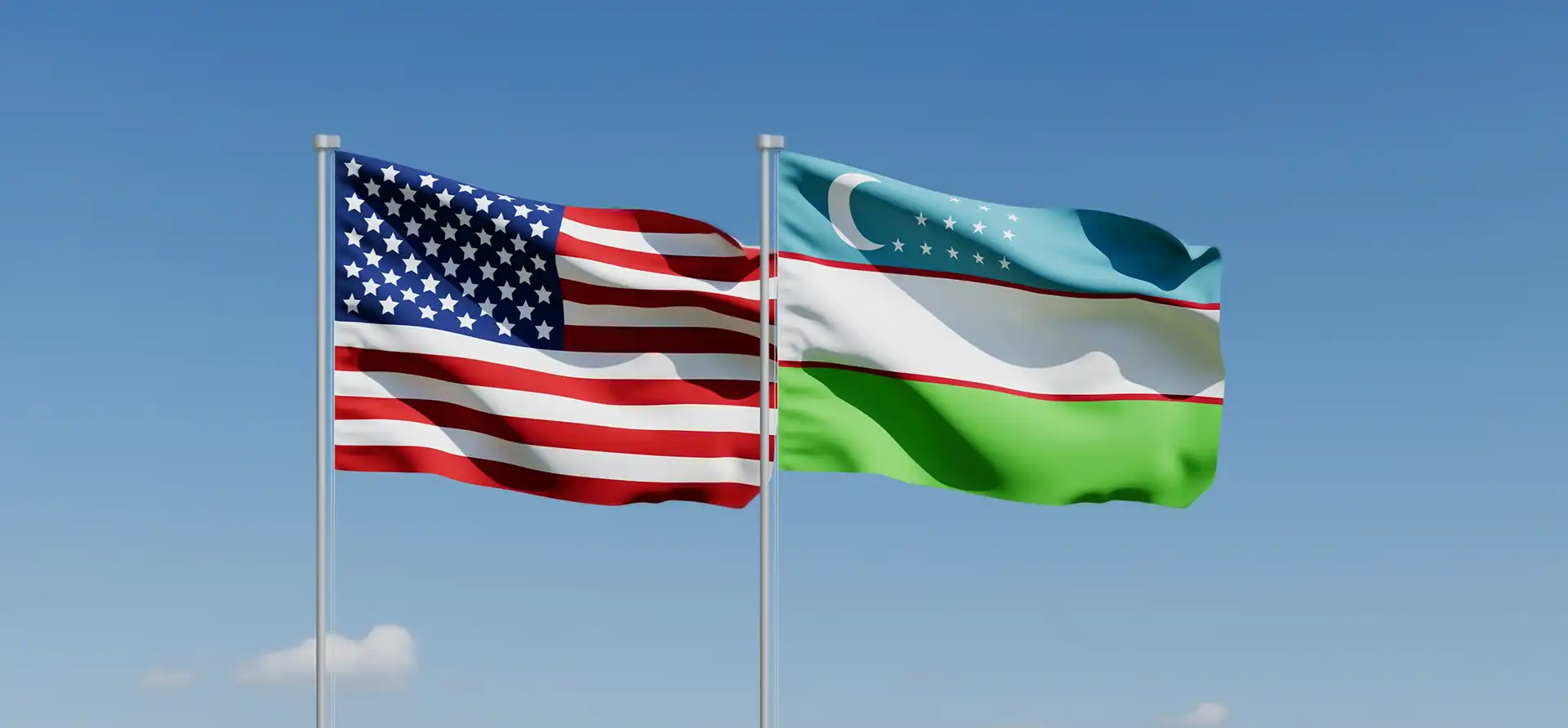
The most common reasons for visa rejections and how to avoid them
While fortunate travelers can travel to international destinations with visa-free or visa-on-arrival access, many others must obtain a visa before traveling to a foreign country. Visas allow travelers to enter another country lawfully and stay there for a set period of time. While obtaining a visa is usually straightforward and doable, there are instances where visas get rejected. Visa rejections can be a major issue for travelers, resulting in delayed plans, financial loss, emotional turmoil, and other setbacks. It could also impact work or business opportunities. This article will review some common reasons that visas get rejected and some strategies for travelers to increase their chances of getting their visas approved.
Common reasons for visa rejections
There are several reasons why the immigration authorities may reject a visa application. Errors can occur during the visa application process, or the applicant may not meet the entry standards of the visa issuing country. The following are some of the most common visa rejection reasons:
- Missing or incorrect information or documentation:
Providing incorrect or inaccurate information or documentation is the most common visa rejection reason. This could include accidental errors while filling out paperwork or failing to include an important document in the application file. Visa applications are often straightforward but require applicants to be meticulous and follow the steps precisely.
- Insufficient financial proof:
Many countries require visa applicants to show proof that they can support themselves financially for their stay. Not having sufficient funds to cover the duration of the visit is a valid visa rejection reason. Immigration authorities must ensure that the applicant will be self-sufficient while traveling and have the means to return to their country.
- Possessing a criminal record:
Possessing a criminal record can also be a visa rejection reason. This is especially true if the traveler has a history of serious crimes. Immigration authorities are particularly vigilant of repeat offenders and those charged with terrorist activity or drug trafficking.
- Passport validity:
A visa may be rejected if the applicant does not have a valid passport or identity document to travel with. Many visas require the passport to be valid for a period of time after the intended travel dates. Visas can also be rejected if applicants do not provide a passport with sufficient blank pages.
- Lack of travel itinerary or clear travel purpose:
In some cases, a visa might be rejected if the applicant fails to provide a clear and detailed travel itinerary or purpose of travel. This is especially true for tourist visas requiring applicants to prove they do not plan to overstay their visa or work illegally.
- Previous immigration violations:
Applicants who previously violated immigration laws or overstayed a visa are more likely to have their visa application rejected. Immigration authorities must ensure all travelers abide by the laws and are wary of anyone more likely to break those laws.
Awareness of and understanding common visa refusal reasons can help travelers avoid any issues with processing their application while increasing their chances of obtaining the visa to their intended destination.

Tips to avoid visa rejections
The good news is that most travelers can take practical steps to prepare their visa application and avoid any unexpected visa rejection reason. Of course, a visa decision depends on several factors and will be different for each applicant depending on their situation, nationality, and reason for travel. However, most applicants can follow these tips to obtain an approval and receive their visa without any issues:
- Carefully review the application requirements and ensure all documents are complete, accurate, and up-to-date.
- Verify all the passport or identity document the applicant plans to travel with is up-to-date and will remain valid for as long as necessary for the particular visa they seek to obtain. Visas will require different validity periods for travel documents, so it is essential to research these requirements before applying.
- All passports must have enough blank pages to place a sticker visa, if applicable. If applying manually, applicants must remember to check the number of available pages in their passports.
- Ensure sufficient financial proof to cover the entire stay. Proof of this might include bank statements, a reference letter from an employer, pay stubs, or other financial documents.
- Present criminal records transparently. They should provide a clear explanation of any listed crimes and explain steps they are taking towards rehabilitation or improving their circumstances, if applicable.
- Apply for the visa well in advance to allow sufficient processing time and avoid last-minute issues that might cause delays.
- Do not provide false or misleading information that could result in a visa rejection or complicate future travel.
- If necessary, visa applicants should seek professional assistance to help them with the application process.
Case studies of visa rejections
Over the years, several cases of visa rejections have demonstrated the importance of following the advice and tips provided above. The following are real-world case studies in which applicants were not permitted to travel due to a visa rejection.
- In 2018, due to the omission of a letter of invitation from a Vietnamese sponsor, a group of Australian tourists had their visa requests to visit Vietnam rejected. This is a typical prerequisite for Vietnam visa applications. The passengers may have learned about this requirement and acquired the required paperwork before submitting their visa applications if they had sought the advice of visa consultants or immigration lawyers.
- In 2019, a group of Indian students who applied for a visa to study in Canada were denied because they did not provide enough evidence of their financial requirements. They could have avoided the visa rejection if they had complied with the advice to submit extensive financial documentation, such as bank statements and income tax returns.
- In 2020, a Pakistani businessman attempted to travel to the United States for a business meeting, but his visa application was rejected for lack of supporting evidence. The applicant should have submitted supporting records, such as financial accounts, identification, or a thorough travel itinerary. The applicant could have prevented the visa rejection if he had heeded the advice to carefully check the application requirements and verify that all documents are complete and up-to-date.
Conclusion
To avoid these situations, travelers should be mindful of common visa refusal reasons and follow the helpful pointers and guidance above. This includes carefully assembling documentation, supplying adequate financial proof, and dealing with criminal histories openly and transparently. Visa applicants should know the value of applying early, enlisting expert assistance, and maintaining honesty throughout the application process. Following these guidelines will improve all applicants’ chances of getting a visa and having a successful international travel to the destination of their choice.









































































































































































































